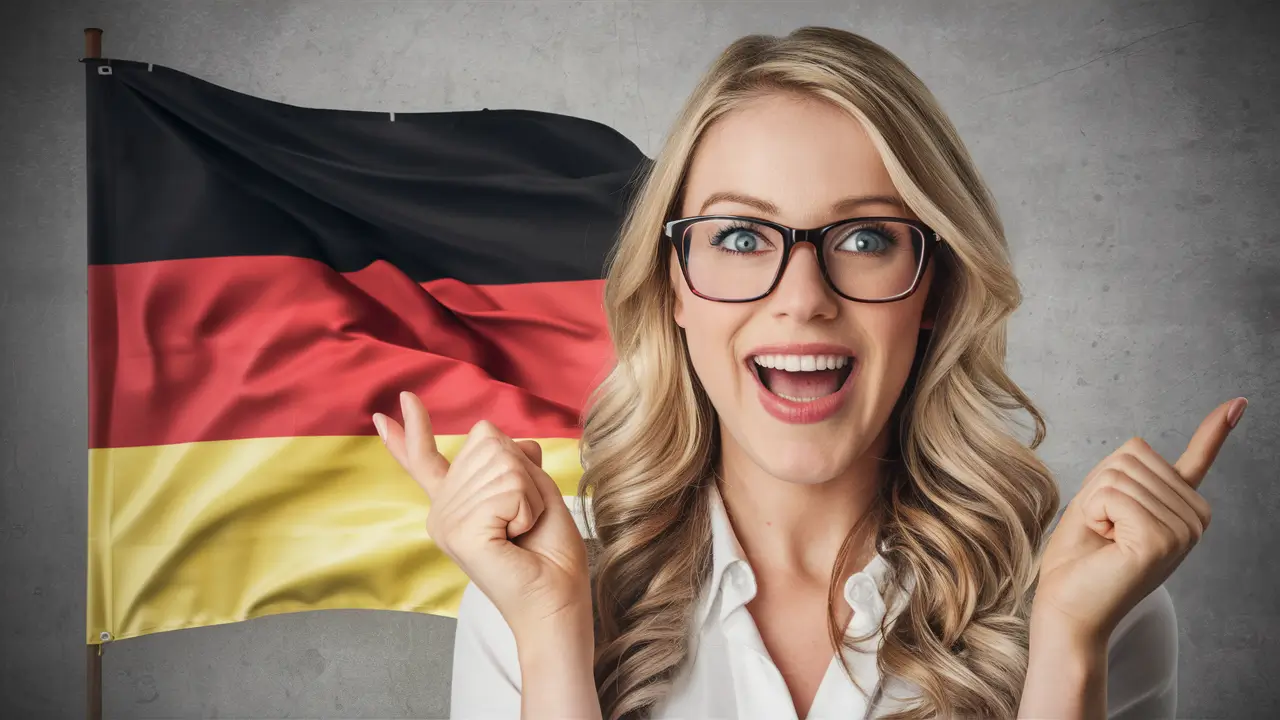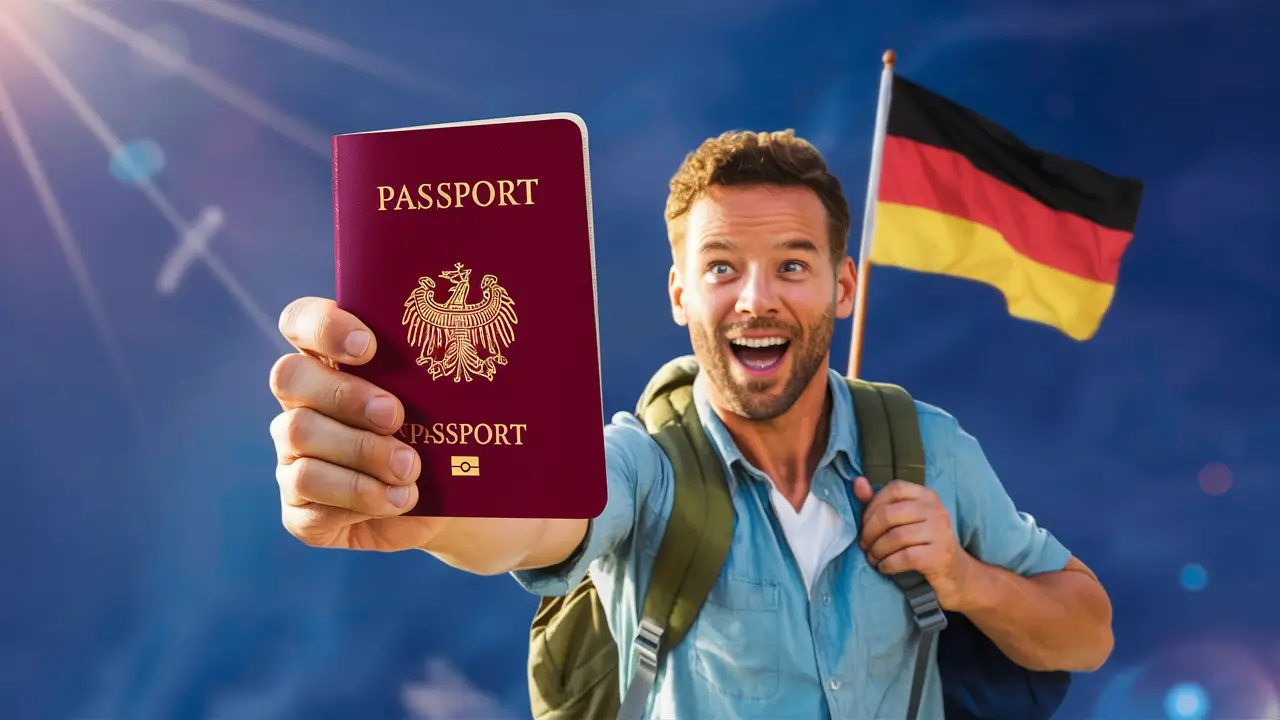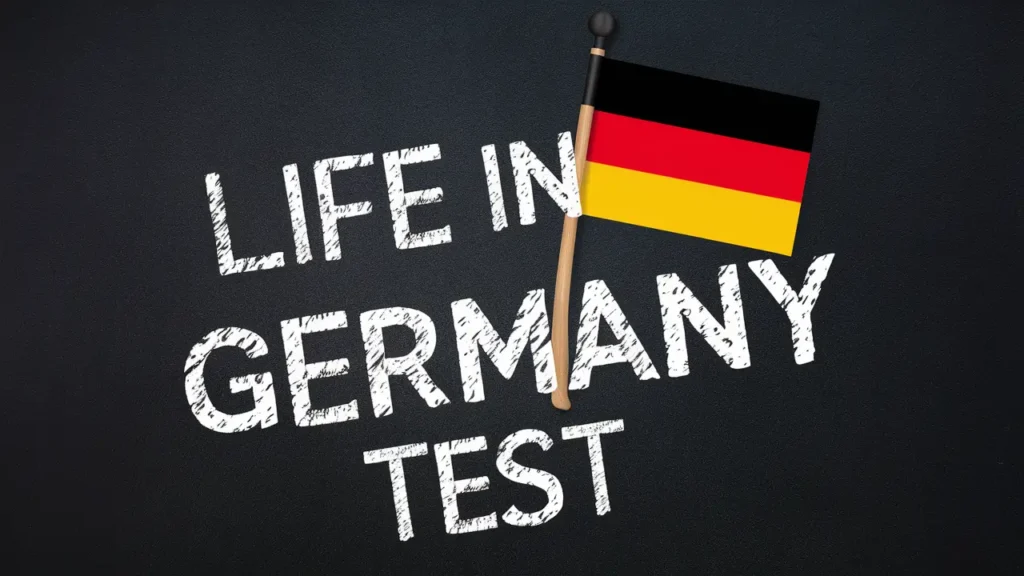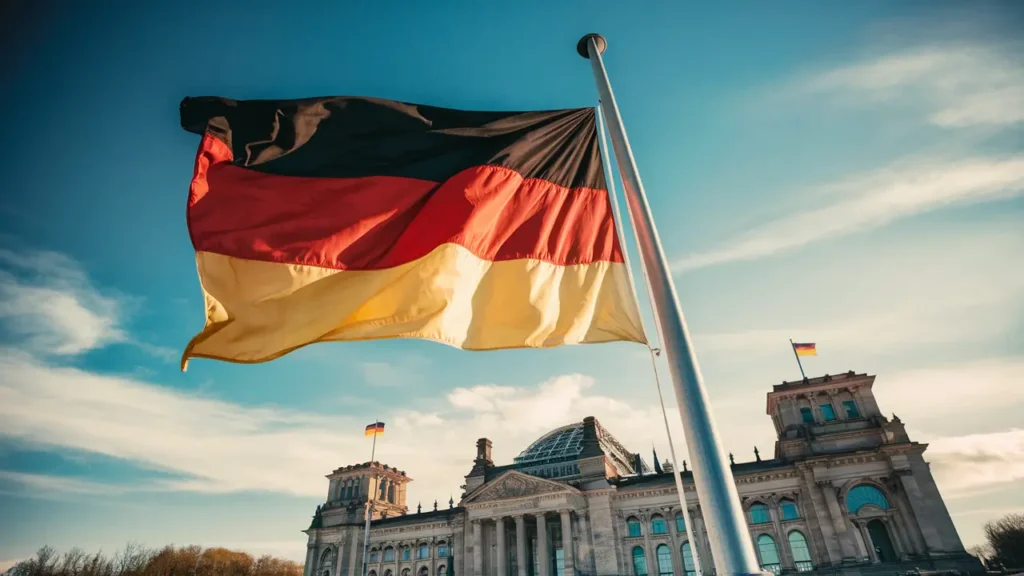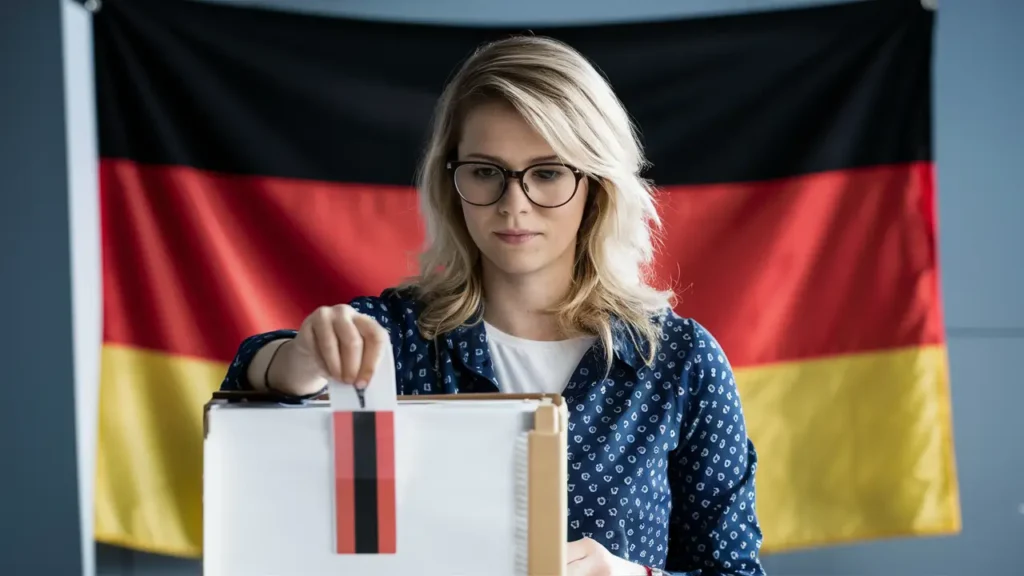Germany, with its rich history and culture, has many public holidays. These holidays reflect its complex past and vibrant present. They offer Germans breaks from routine and insights into national values and traditions. We will explore significant German public holidays, their history, modern celebrations, and their impact on citizens and newcomers.
- The Tapestry of Federal Festivities: Understanding the German Holiday Landscape
- Religious Reverence and Secular Celebrations: The Dual Nature of German Festivities
- Historical Commemorations: Honoring the Past, Shaping the Future
- Regional Diversity: State-Specific Holidays
- The New German Citizenship Law: Implications for Holiday Observances
- The Economic Impact of German Public Holidays
- Embracing Tradition in a Changing World
The Tapestry of Federal Festivities: Understanding the German Holiday Landscape
German public holidays include religious observances, historical events, and cultural celebrations. These days off highlight Germany’s work-life balance and respect for traditions. Some holidays are observed nationwide, while others vary by state, showcasing regional diversity.
This visual shows a snapshot of major German public holidays observed nationwide. It highlights their diverse nature. These holidays range from New Year celebrations to the solemn German Unity Day. They punctuate the calendar with moments of reflection, celebration, and pride.
Religious Reverence and Secular Celebrations: The Dual Nature of German Festivities
German public holidays blend religious and secular celebrations, reflecting the country’s complex relationship with faith and inclusivity. Christmas and Easter are deeply significant for many, but secularization has broadened their interpretation, allowing everyone to participate.
The Spirit of Yuletide: Christmas Markets and Beyond
The Christmas season in Germany goes beyond its religious roots, turning cities into winter wonderlands. These attract visitors worldwide. The famous German Christmas markets, or “Weihnachtsmärkte,” capture the magic of the season. Twinkling lights, mulled wine, and handcrafted ornaments create a warm, festive atmosphere that embodies the Christmas spirit.
Easter: A Time of Renewal and Tradition
Easter, originally a Christian holiday, has become a spring celebration embraced by many Germans, regardless of religion. The long Easter weekend, including Good Friday and Easter Monday, allows families to gather, enjoy egg hunts, and celebrate the blooming nature that marks winter’s end.
Historical Commemorations: Honoring the Past, Shaping the Future
Several German public holidays serve as poignant reminders of the nation’s complex history, offering opportunities for reflection, commemoration, and education. These observances play a crucial role in shaping German identity and fostering a sense of collective responsibility for building a better future.
German Unity Day: A Symbol of Reunification
October 3rd marks German Unity Day, commemorating the reunification of East and West Germany in 1990. This holiday stands as a testament to the country’s ability to overcome division and serves as a powerful symbol of national unity. Celebrations across the country feature official ceremonies, concerts, and public festivities that bring together Germans from all walks of life to reflect on their shared history and look forward to a united future.
Labor Day: Honoring Workers’ Rights
May 1st, known as Labor Day or “Tag der Arbeit,” holds significant importance in Germany’s social and political landscape. This holiday not only celebrates workers’ rights but also serves as a platform for addressing current labor issues and advocating for social justice. Many cities host parades, demonstrations, and family-friendly events that combine political activism with communal celebration.
Regional Diversity: State-Specific Holidays
Germany’s federal structure creates a rich array of regional holidays. These holidays reflect each state’s unique cultural and historical identity. Local observances add depth and variety to the national holiday calendar. They offer insights into Germany’s diverse traditions and cultural mosaic.
Carnival: A Riotous Celebration of Joy
Though not an official public holiday, the Carnival season is vibrant in the Rhineland. Cities like Cologne and Düsseldorf burst with parades, costumes, and festivities. These events contrast sharply with the stereotypical image of German formality and order.
Oktoberfest: Bavaria’s World-Famous Festival
Although primarily associated with Munich, Oktoberfest has become synonymous with German culture worldwide. This 16-day folk festival, celebrated in September and October, attracts millions of visitors who come to experience the unique blend of traditional Bavarian culture, music, food, and, of course, beer.
The New German Citizenship Law: Implications for Holiday Observances
The recent changes to German citizenship law have sparked discussions about the role of cultural integration and the importance of understanding German traditions, including public holidays. The new legislation emphasizes the significance of cultural knowledge and participation in German society as key components of citizenship.
Under the new law, applicants for German citizenship are expected to demonstrate a basic understanding of German history, culture, and civic values. This includes knowledge of significant Public holidays in Germany and their importance in the nation’s cultural fabric. By requiring this cultural awareness, the law aims to ensure that new citizens can fully participate in and contribute to German society.
Moreover, the reduced residency requirement for German citizenship (from eight years to five, or three in cases of special integration achievements) means that immigrants may experience fewer German holiday seasons before becoming eligible for citizenship. This underscores the importance of actively engaging with and understanding these cultural touchstones early in the integration process.
The Economic Impact of German Public Holidays
German public holidays not only provide cultural and social benefits but also have significant economic implications. Indeed, while these days off work contribute to the renowned German work-life balance, they simultaneously present unique challenges and opportunities for businesses and the overall economy.
Tourism and Hospitality Boost
Many public holidays in Germany, particularly those that create long weekends, consequently stimulate domestic tourism and boost the hospitality sector. As a result, popular destinations within Germany see an influx of visitors during these periods. This, in turn, contributes to local economies and supports small businesses in the tourism industry.
Retail Phenomenon: Holiday Shopping
Certain German public holidays have become associated with specific shopping traditions. For instance, the pre-Christmas period sees a surge in retail activity; consequently, Christmas markets play a crucial role in driving sales of artisanal products and seasonal goods. Similarly, the period around Easter often sees increased consumer spending on holiday-related items and spring fashion. Therefore, each holiday season influences shopping behavior in distinct and notable ways.
Embracing Tradition in a Changing World
As Germany evolves into a multicultural society, public holidays act as a unifying force. They bring together diverse people to celebrate shared values and traditions. These holidays enable cultural exchange, allowing both long-time residents and newcomers to contribute to Germany’s cultural life.
Public holidays in Germany are more than just days off; they embody national identity and collective reflection. They commemorate historical events, honor religious traditions, and offer opportunities for community celebration. These holidays are integral to shaping the German experience.
German public holidays reveal the nation’s soul, reflecting its values, history, and aspirations. Solemn observances remind us of the past, while exuberant celebrations focus on the future. These holidays are a key aspect of German identity in the 21st century.
Understanding these holidays can help those considering a move to Germany feel more connected to its culture. Public holidays in Germany remain crucial to the social fabric, linking past, present, and future generations. As the nation embraces more immigrants and adapts its customs, these holidays will continue to play an essential role.
